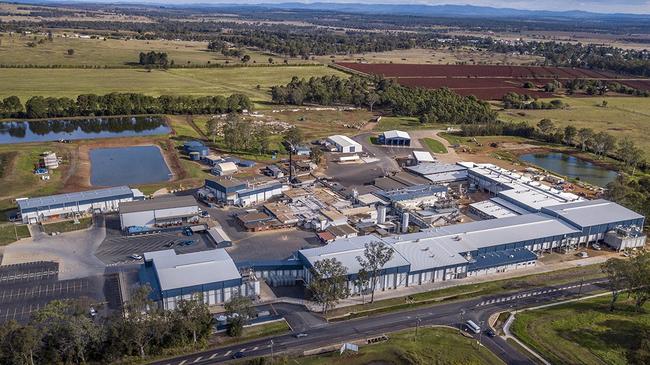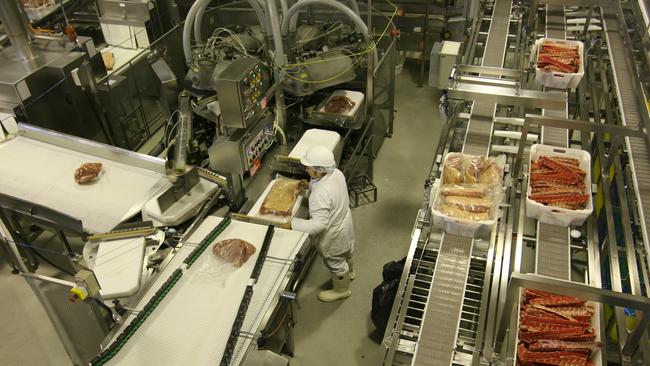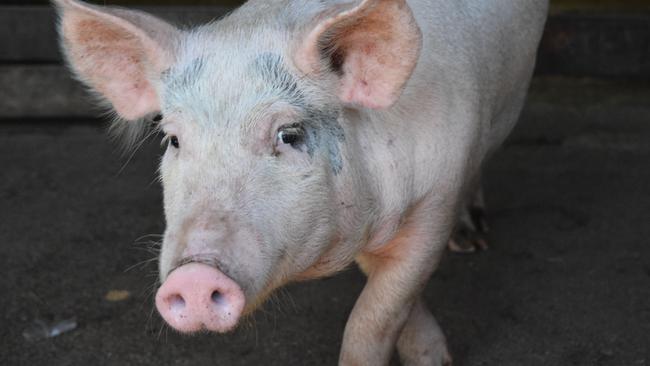Climate change poses disease, threat to Qld pork industry
With a third of Qld’s pig herd penned in the Wide Bay, and Australia’s biggest pork factory located at Kingaroy, the impact of climate change on the pork industry could spell disaster for local jobs and gross domestic product.

South Burnett
Don't miss out on the headlines from South Burnett. Followed categories will be added to My News.
The threat of climate change is putting Qld’s $237 million pork industry, and its thousands of jobs, at risk from potential diseases, feed supply disruptions, and rising costs of decarbonisation.
These claims have been made in a new submission by two of the industry’s peak bodies, Australian Pork Ltd and Pork Queensland, as part of a state government inquiry into the effects of climate change on Queensland’s multibillion-dollar agricultural industry.
The inquiry was launched in January following years of concern about how climate change will impact the industry, and how it should best be prepared for major shifts in how it can operate in the future.
Pork is a major part of the Wide Bay’s agricultural industry, with the two bodies saying almost one third (30 per cent) of the state’s total pig herd was penned in the region which is home to Australia’s largest pork factory, Swickers Kingaroy.
Only the Darling Downs had a larger piece of the pork pie at 56 per cent of the herd.

In their submission Australia Pork and Pork Queensland said climate change posed several risks to the industry’s viability.
Health was one area of concern.
They said animal health experts “are predicting increased temperatures due to climate change, combined with biodiversity and species migratory changes, will lead to an increased risk of zoonotic diseases”.
In the past decade it had already grappled with outbreaks including swine influenza in 2009 and Japanese encephalitis virus in 2022.
The dual threats of flood and drought cutting feedstock supply chains was in the firing line too.
It would be “particularly susceptible” to shifts in the length of growing seasons and erratic weather patterns, it says.

The push away from carbon had risks too as “producers have narrow margins and may not be able to absorb the additional costs of the decarbonisation actions that are being requested”.
There were also concerns about the transition to new sources of energy.
They said there was “not yet reliable technology” for large freight trips, and it was “unlikely” large grain machinery could be transitioned to electric or hydrogen.
It made four recommendations on how the state should move forward.
These included considering the “unique” nature of Queensland’s pork industry and not installing mandates based solely on international comparisons, recognising the industry was already an “early mover” towards decarbonisation, and not limiting funding for research and investment.
Cutting regulatory red tape or “incentivising” change would be the best solution, it said.
“Overly complicated regulations are hindering on farm climate change adaptation.”
Small producers might not be able to carry the “significant” cost of carrying out some of the changes needed to decarbonise the industry without financial help from governments, it said.





